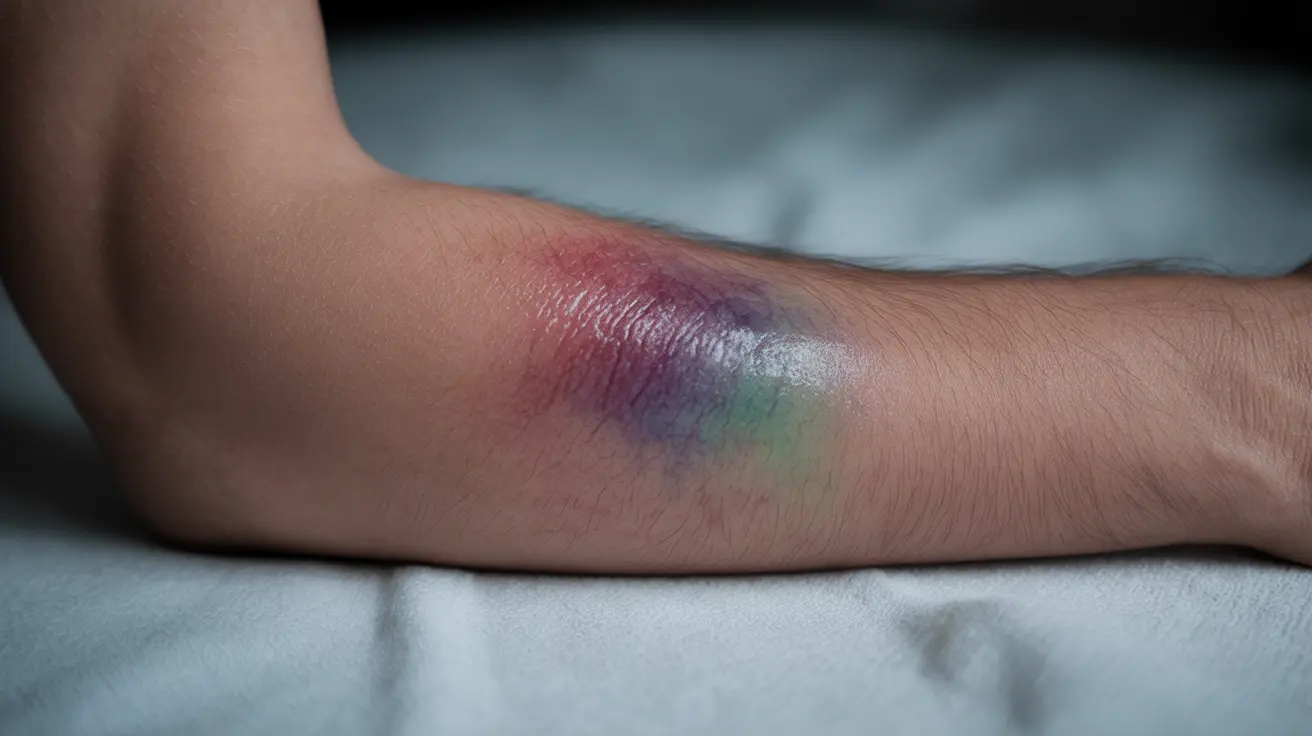Bruises are a common occurrence that can happen to anyone, resulting from trauma or injury to blood vessels beneath the skin. While they typically heal on their own, understanding effective treatment methods can help speed up the healing process and reduce discomfort. This comprehensive guide explores various proven techniques and natural remedies to help bruises heal faster.
Understanding Bruise Formation and Healing
When blood vessels under the skin break due to impact or injury, blood leaks into the surrounding tissues, causing the characteristic discoloration we recognize as a bruise. The body naturally begins the healing process by breaking down and reabsorbing this trapped blood, which is why bruises change color over time. Understanding this process helps explain why certain treatments are particularly effective.
Immediate Treatment Steps
Cold Therapy for Fresh Bruises
Applying cold therapy immediately after injury is one of the most effective ways to minimize bruising. Cold treatment helps by:
- Reducing blood flow to the area
- Minimizing swelling and inflammation
- Decreasing the amount of blood that leaks into surrounding tissues
- Numbing the area to reduce pain
Apply an ice pack wrapped in a thin towel for 15-20 minutes at a time, several times during the first 48 hours after injury.
Heat Therapy for Older Bruises
After 48-72 hours, switching to heat therapy can help speed up healing by:
- Increasing blood circulation to the area
- Promoting the removal of broken-down blood cells
- Reducing muscle tension and pain
- Encouraging faster tissue repair
Natural Remedies and Topical Treatments
Effective Natural Solutions
Several natural remedies have shown promise in reducing bruise appearance and speeding healing:
- Arnica gel or cream
- Vitamin K cream
- Aloe vera
- Witch hazel
- Bromelain-containing foods like pineapple
Dietary Support for Bruise Healing
Certain nutrients can support the body's natural healing process:
- Vitamin C-rich foods
- Vitamin K-rich leafy greens
- Zinc-containing foods
- Protein-rich foods for tissue repair
- Foods high in flavonoids
When to Seek Medical Attention
While most bruises are harmless and heal on their own, certain situations warrant medical evaluation:
- Bruises that appear without known injury
- Bruises that don't fade after two weeks
- Extremely painful bruises
- Bruises accompanied by severe swelling
- Frequent or excessive bruising
Frequently Asked Questions
What are the best home remedies to get rid of bruises quickly?
The most effective home remedies include applying ice immediately after injury, switching to heat therapy after 48 hours, using arnica gel, and ensuring adequate intake of vitamins C and K. Elevation of the affected area and gentle compression can also help speed up healing.
How does applying ice and heat help in healing bruises faster?
Ice therapy reduces initial bleeding and swelling by constricting blood vessels in the first 48 hours. After this period, heat therapy increases blood circulation, helping to clear away the broken-down blood cells and speed up the healing process.
Can arnica or vitamin K cream reduce the appearance of bruises?
Yes, both arnica and vitamin K cream can help reduce bruise appearance. Arnica has anti-inflammatory properties that may help reduce swelling and discoloration, while vitamin K cream can help blood clot more effectively and may speed up the healing process.
What foods or supplements can help speed up bruise healing?
Foods rich in vitamin C (citrus fruits), vitamin K (leafy greens), zinc (nuts and seeds), and flavonoids (berries) can support bruise healing. Pineapple, which contains bromelain, may also help reduce bruising when eaten or applied topically.
When should I see a doctor about a bruise that won't go away?
Consult a healthcare provider if a bruise hasn't shown improvement after two weeks, appears without injury, is accompanied by severe pain or swelling, or if you notice frequent unexplained bruising. These could indicate an underlying medical condition requiring professional evaluation.




